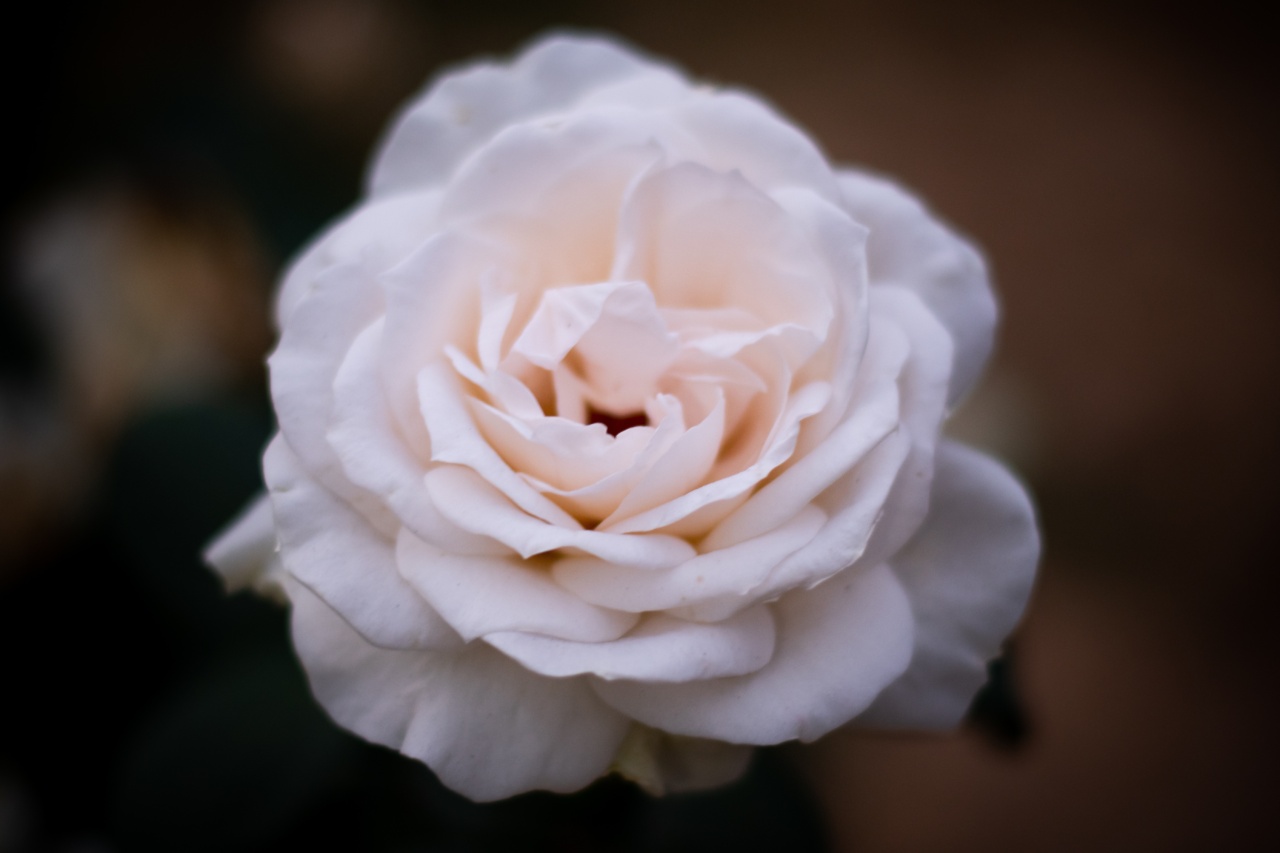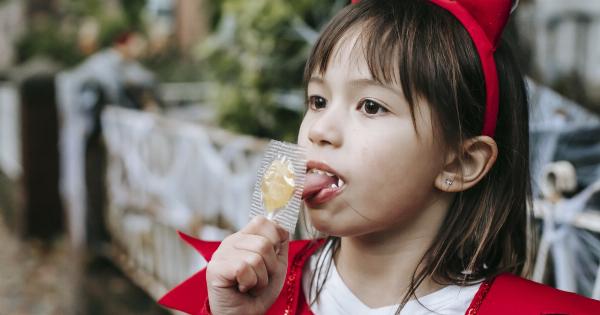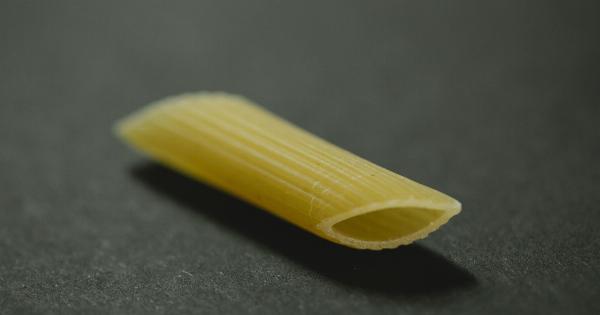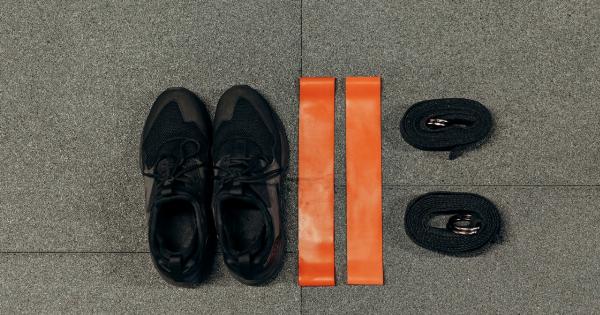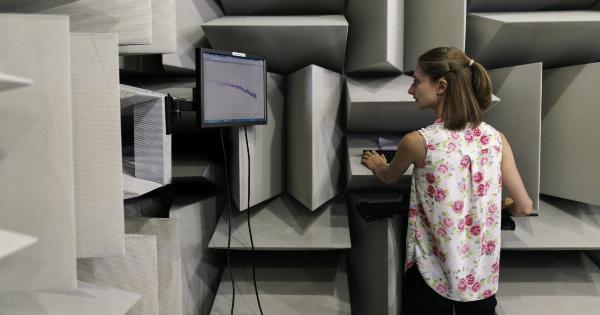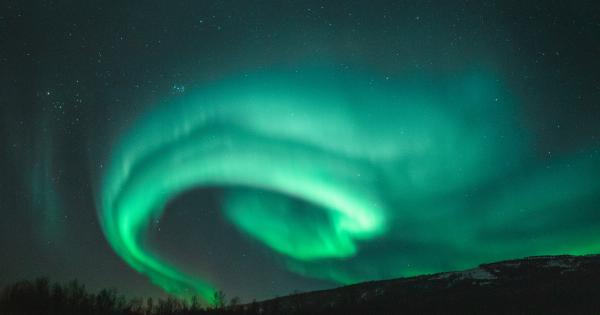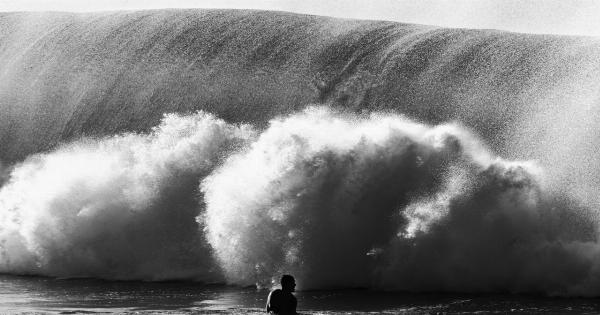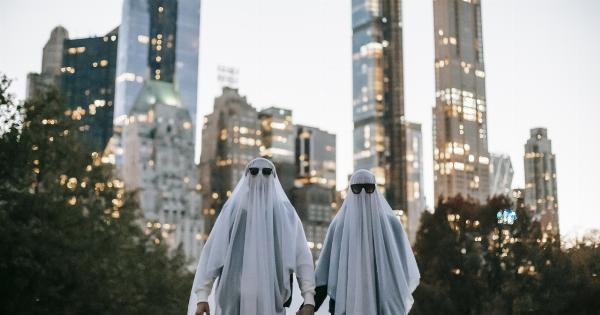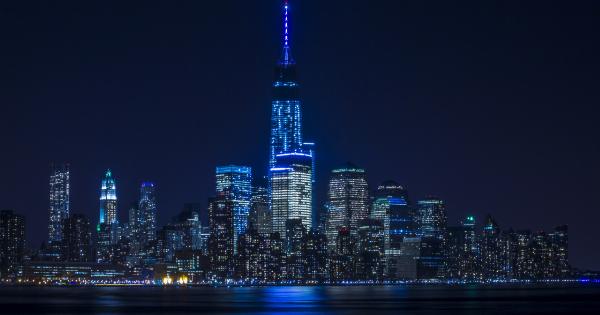Beauty has been an irresistible curiosity for humans since the dawn of time. People have attempted to define it in a variety of ways, but it continues to elude a universal definition.
What is Beauty?
In its most basic sense, beauty refers to the quality present in something that pleases the senses or the mind. It is defined by what appeals to a particular set of individuals and cultural beliefs, making it a highly subjective and variable concept.
Beauty is often perceived in the form of physical characteristics such as an attractive face, nicely shaped body, or a beautiful dress. However, it can also be seen in landscapes, poetry, music, and art.
The Different Definitions of Beauty
As beauty is a subjective concept, many people have attempted to define it in various ways, often based on their cultural and societal norms. Some of the most common definitions of beauty include:.
Aesthetics
This is a philosophical branch that studies the nature of beauty and art. It explores various theories of beauty, including what constitutes beautiful features.
It also addresses the concepts and principles underlying aesthetics, such as harmony, proportion, balance, and contrast.
Societal Standards
Societal standards define beauty in many ways, and these vary among cultures. For example, in some societies, lighter skin is considered more beautiful, while in others, tanned skin is considered more attractive.
These standards are often based on social, cultural, and historical values and beliefs and are constantly evolving.
Personal Preference
Personal preference is one of the most significant factors that influence how we define beauty. What one person finds beautiful may differ greatly from what another person finds attractive.
Therefore, beauty can be quite a personal thing and varies according to the individual’s personality, perception, and experiences.
Nature Versus Nurture
Many scholars have debated whether beauty is innate or learned. Some argue that beauty is a fundamental characteristic of our genes, while others believe it is a learned trait shaped by cultural and societal norms.
However, recent studies have shown that beauty is a combination of both nature and nurture. While certain physical features are present at birth, others, such as fashion, style, and grooming practices, are learned and influenced by our environments.
The Politics of Beauty
As beauty is subjective and culturally influenced, its definition can also be politically charged. In some cultures, beauty standards are used to reinforce social hierarchies, such as those based on race, class, or gender.
This can lead to unrealistic beauty standards that are unattainable for many individuals and can create a negative impact on their self-esteem and body image.
The Future of Beauty
The definition of beauty has evolved significantly over human history, and it will likely continue to change in the future.
With the rise of new technologies such as artificial intelligence and virtual reality, individuals may soon be able to create and customize their ideal physical appearance to match their personal preferences and cultural norms. As a result, beauty will become an even more subjective and personalized concept, allowing individuals to become the architects of their own beauty standards.
Conclusion
Despite centuries of debate and exploration, the definition of beauty remains as subjective and variable as ever. Various cultural, societal, and personal factors influence our understanding and perception of beauty.
However, despite its subjectivity, the pursuit of beauty remains a universal human desire, and it will continue to inspire and fascinate people for years to come.
